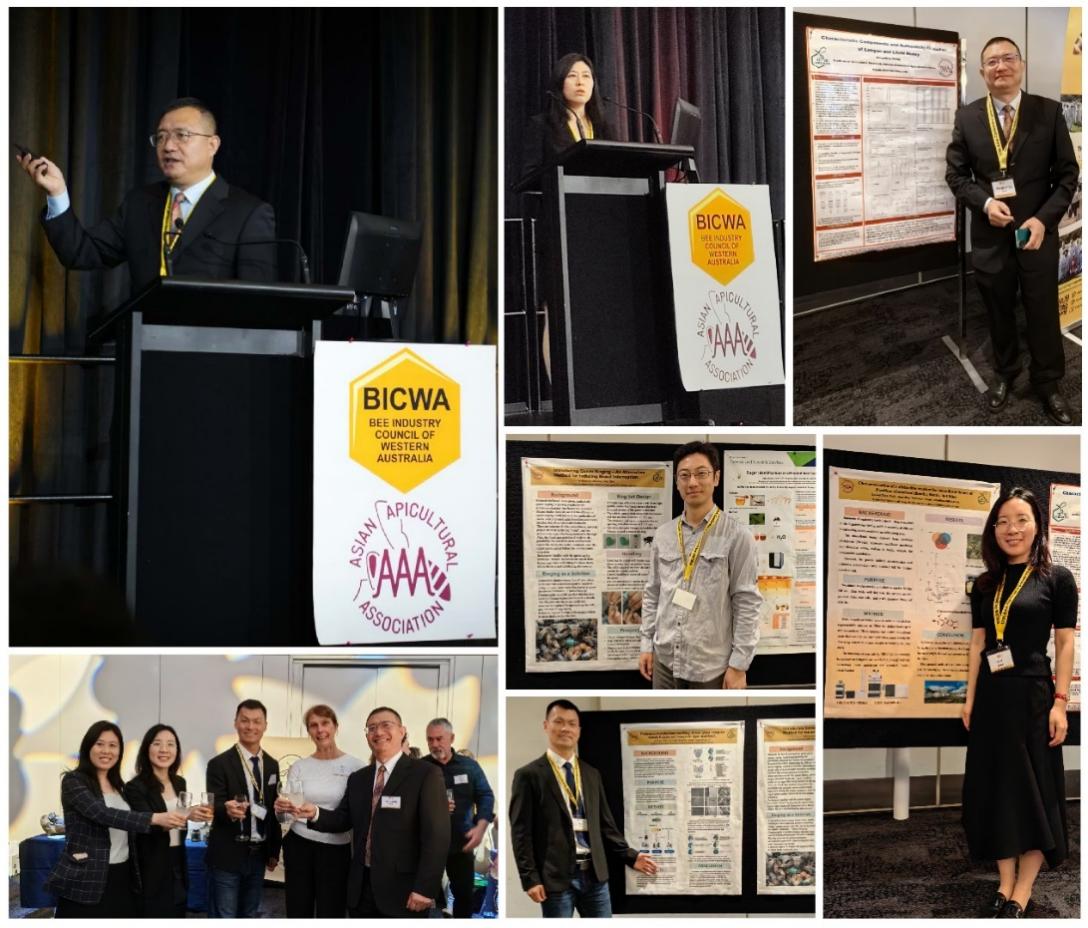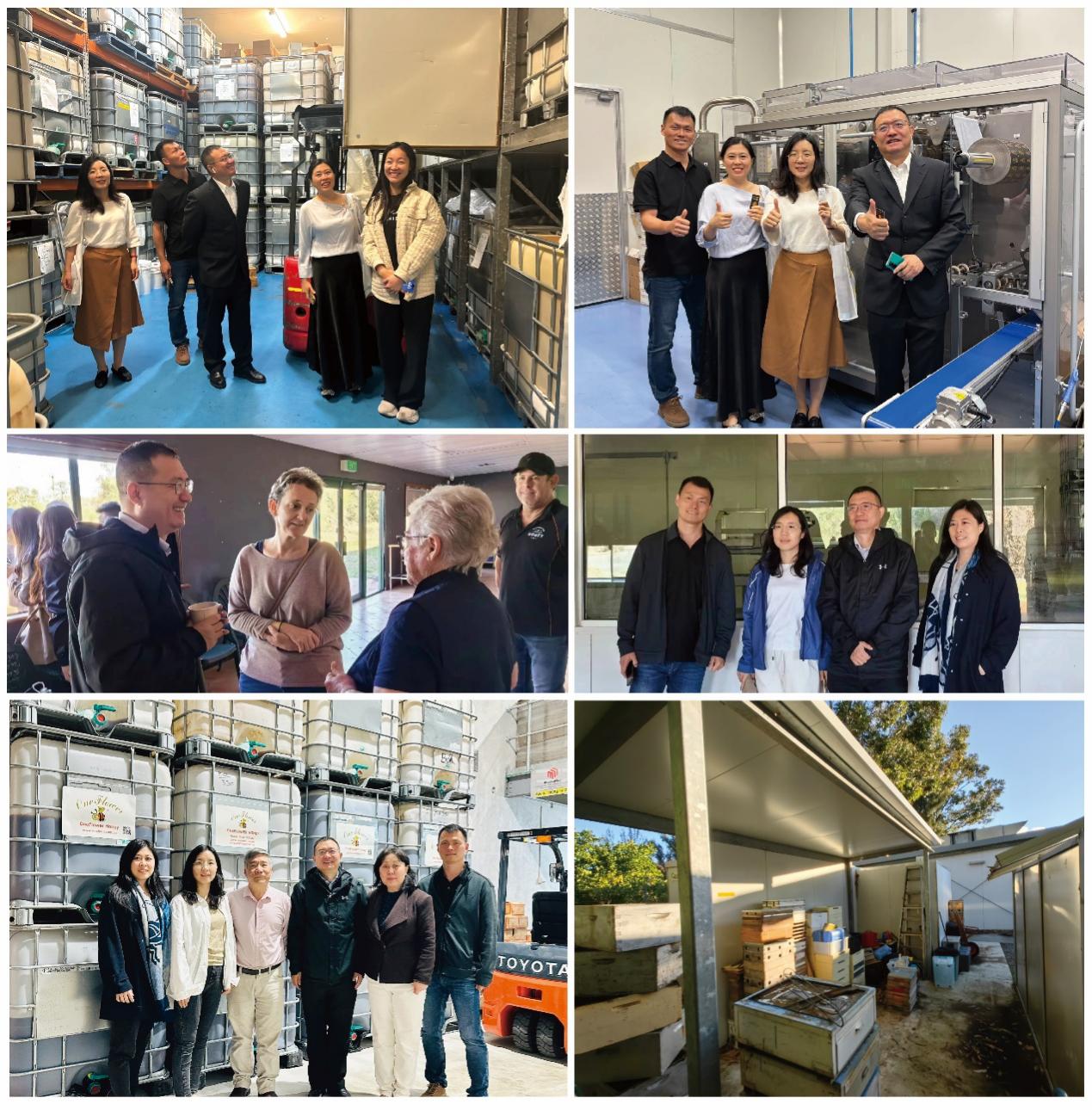The academic delegation from the Institute of Apicultural Research attended the 17th Asian Apiculture Association Conference
Date:2024-07-02
The 17th Asian Apiculture Association (AAA) Conference was successfully held in Perth, Australia from June 12-16, 2024, gathering the representatives of beekeepers, experts, and scientists from over 60 countries around world. Five academic delegates from the Institute of Apicultural Research, Chinese Academy of Agricultural Sciences attend this significant event.
The AAA Conference, organized by AAA, is a prominent event and serves as the premier platform in Asian apiculture. AAA is a non-profit organization established in 1992 by scientists, practitioners, and enthusiasts involved in apicultural activities across the Asia-Pacific region. The association comprises more than 30 countries, including China, Australia, New Zealand, South Korea, Malaysia, India, Philippines, Saudi Arabia etc. Over the past three decades, AAA has gained extensive influence throughout Asia.
During the conference, participants showcased their advanced research achievements through oral presentations and posters while highlighting China's exceptional contributions to apiculture research. They actively engaged in discussions with peers and scientists from various countries on diverse topics including apitherapy, bee product processing, honeybee biology, and novel breeding technologies. Consensus was reached among all parties regarding the establishment of collaborative innovation platforms, joint research platforms, international project collaborations, and enhanced exchanges among young researchers and postgraduate students.
After the meeting, the delegation visited the advanced technology filling workshop of Karibee Company, the honey extraction assembly line of West Coast Company, and the high-end honey storage workshop of MediTree Company as arranged by the organizer. They learned about the processing parameters, industry model, and market segmentation of Australian honey and gained an understanding of Australia's main sources of nectariferous plants. Additionally, they visited an isolated mating bee farm to learn about island isolation breeding technology.
Our delegation has greatly benefited from this visit, not only by establishing strong academic and business cooperation but also by gaining insights into strategies for upgrading apiculture. This experience has further strengthened our determination to contribute to the development of apiculture in China.

